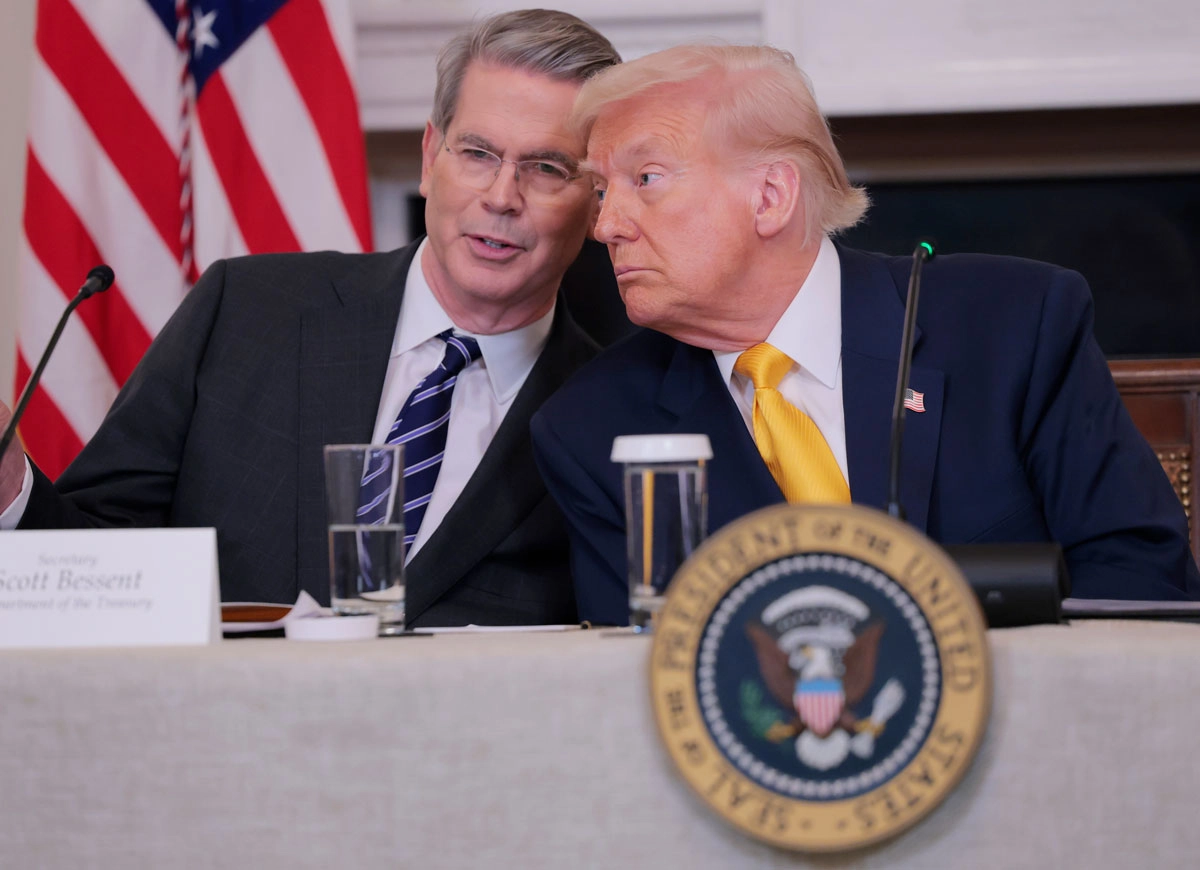After Federal Court Rules Against Trump’s Tariffs, President’s Trade Policy Becomes Even More Chaotic
A panel of federal judges has struck down President Donald Trump‘s tariffs imposed on dozens of countries.
The unanimous ruling by a three-judge panel of the U.S. Court of International Trade (CIT) claimed his actions to justify these decisions exceeded his legal authority.
This ruling undermines a central pillar of Trump’s economic agenda, damaging his use of tariffs as a negotiation tool to leverage trade deals worldwide.
This federal lawsuit was initiated by lawsuits from Oregon’s Attorney General, Dan Rayfield, and 11 other Democratic AGs around the country.
Subscribe to our free weekly newsletter!
A week of political news in your in-box.
We find the news you need to know, so you don't have to.
“President Trump’s sweeping tariffs were unlawful, reckless, and economically devastating,” said Rayfield. “We brought this case because the Constitution doesn’t give any president unchecked authority to upend the economy. This ruling reaffirms that our laws matter, and that trade decisions can’t be made on the president’s whim.”
Following this ruling, the Justice Department filed an appeal, which left the tariffs in effect. This continues while further legal arguments are held on his tariff powers. Ultimately, this case could reach the Supreme Court if further appeals are made.
Trump justified imposing tariffs on dozens of countries under a declaration of national emergencies surrounding fentanyl trafficking and a threat of persistent trade deficits. Trump also imposed retaliatory tariffs on countries that imposed tariffs in return.
The court ruled these actions unconstitutional under the International Emergency Economic Powers Act of 1977. This act authorizes the president to impose tariffs, embargoes and sanctions in response to national emergencies, which this court ruled that Trump was not doing.
“The Worldwide and Retaliatory Tariff Orders exceed any authority granted to the President by IEEPA to regulate importation by means of tariffs,” the CIT said in its opinion.
The court nullified Trump’s executive order that imposed tariffs on Canada, Mexico and China. Along with a 10% tariff imposed on all U.S. trade partners and all of Trump’s “reciprocal” tariffs.
White House officials, including Deputy Assistant Attorney General Brett Shumate, before the CIT, argued that barring Trump’s tariffs would “kneecap” the president’s ability to strike new trade deals before the retaliatory tariffs go into effect on July 9. This includes primary trade partners, such as India, Japan, and the European Union.
“An injunction would be extremely disruptive while the president is in the middle of foreign negotiations with other countries about trade deficits and about the fentanyl crisis,” said Shumate.
This ruling does not just cover the case by Oregon and 11 other Democrats, but it also rules on a case by V.O.S. Selections, a New York-based wine company, and other small businesses. No specific judge is credited as the author of the court’s opinion, but the panel included Gary Katzmann, Jane Restani and even Trump appointee Timothy Reif.
This ruling does not include the tariffs Trump has imposed under other laws. These actions included increasing existing steel and aluminum tariffs, as well as a 25% tariff on foreign auto imports.
Get the most-revealing celebrity conversations with the uInterview podcast!







Leave a comment